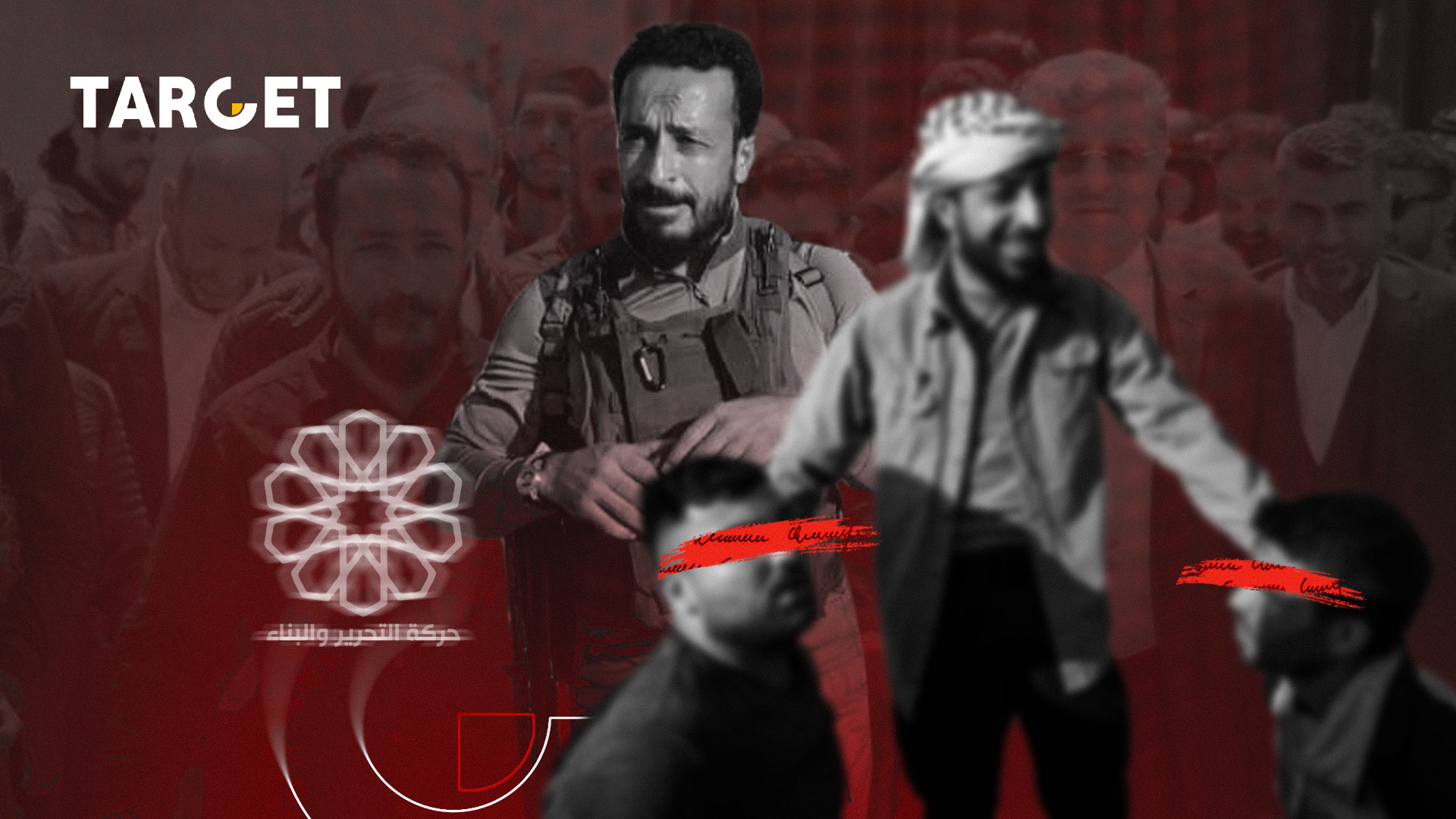Abu Hatem Shaqra, a highly controversial commander of the Syrian Islamist opposition group ‘Ahrar al-Sharqiya’, recently graduated from a university in Turkey’s Mardin province (Kurdish: Mêrdîn). As the journalist Ferid Demirel reported on Bianet on Thursday, Shaqra had enrolled under the name Ahmed Ihsan Fayyad al-Hayes to study political science at the university. At the graduation ceremony at Artuklu University, Shaqra and a group of about 20 people posed with the flag of the Syrian National Army, better known as the Free Syrian Army (FSA).
Shaqra took part in Turkish military operations in northern Syria as a member of the Ahrar al-Sharqiya militia. The militia is active in large parts of northern Syria occupied by Turkey and is militarily and financially supported by Ankara. Indicted by the United Nations for war crimes, he was responsible for the execution of Kurdish politician Hevrin Xelef in autumn 2019. Xelef was tortured and killed by Ahrar al-Sharqiya militants during the Turkish invasion of Gire Spi and Serekaniye in northern Syria on October 9, 2019 on her way to Ain Issa. The war criminals later released videos of her brutal murder.
The US had sanctioned Ahrar al-Sharqiya and Shaqra himself, the then leader of the fundamentalist organization, for being directly involved in many human rights abuses and war crimes committed by the militia. According to the US Treasury Department, Shaqra was also involved in the trafficking of Ezdi women and children, including members of the Islamic State (IS). The Islamist organization attended high-level meetings with Turkish-backed groups in Syria and received awards from Turkish-backed forces in occupied Afrin. In Afrin, which has been occupied for more than 5 years, an unprecedented demographic shift is taking place before the eyes of the world public. Due to the expulsion of the Kurdish inherent population of the region, the proportion of Kurds in the population fell from over 90% to 30%. Human rights violations and violence are well documented in the Turkish occupation zones and are the order of the day, with Ahrar al-Sharqiya also playing its part. In March of this year, the militia in Jindires near Afrin murdered four Kurds who wanted to celebrate the Newroz New Year.
War criminal Shaqra was also seen at a meeting of the Turkey-backed National Coalition for Syrian Opposition and Revolutionary Forces on November 23, 2020. In a statement released on the coalition’s official website, Shaqra was seen in a photo released from a meeting of coalition members along with coalition President Nasser al-Heriri and other members.
The Shaqra case is one of many examples of Turkey’s questionable political agenda in Syria. However, this case clearly shows how the Turkish government has positioned itself in the Syrian conflict. Internationally proscribed war criminals are free to pursue careers in Turkey while the international community struggles to remain silent in the face of Turkey’s stance. Although Turkey committed years ago to fighting the terrorist Hayyat Tahrir ash-Sham (HTS) as a protective power in Syrian Idlib, it allowed the successor to Syrian al-Qaeda to become the dominant force in the region, which is now also present in the Turkish occupation zones such as Afrin is active. In addition, among the ranks of the armed opposition groups that Turkey directly supports are many ex-combatants and wanted by the terrorist organization Islamic State (IS). The US-led anti-IS coalition has repeatedly carried out military operations in the Turkish occupation zones, eliminating high-ranking IS leaders. However, neither the illegal Turkish invasion of northern Syria nor the Turkish support of war criminals or the crimes in their occupied territories themselves are sanctioned. This double-faced behavior of the international “community of values” emboldens Turkey to continue, at the expense of the civilian populations of northern and eastern Syria.

